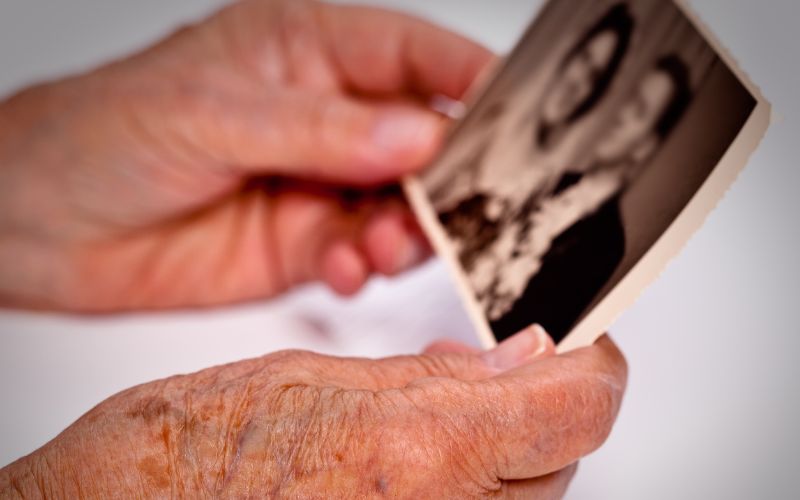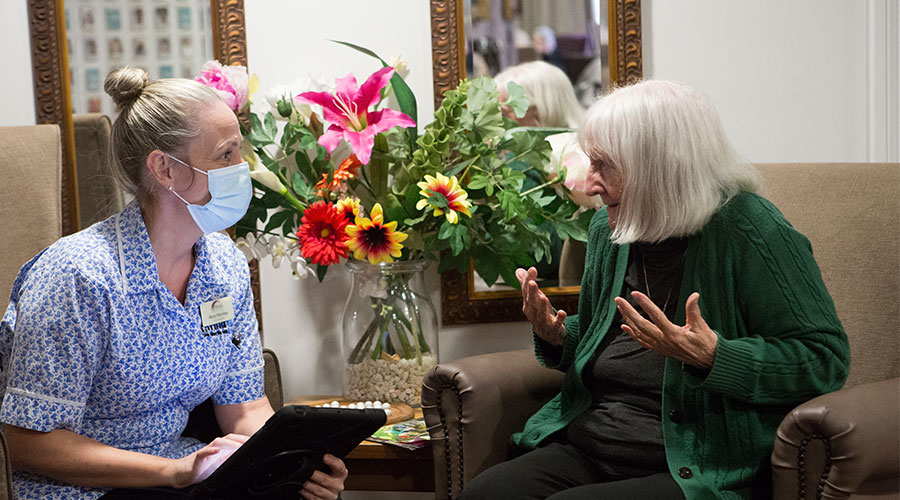What to do When You Receive a Dementia Diagnosis

A diagnosis of dementia can be an overwhelming time, but we’ve compiled some guidance to help you following a diagnosis. It’s important to know that you aren’t alone and there’s plenty of support and advice available.
If you want more information on the types of dementia, visit our types of dementia advice page
Care and support needs assessment
Your local authority has a duty to do a care and support needs assessment to find out what help you may need.
The assessment is free and easy to arrange. To book an assessment, contact your local social services.
Alternatively, a GP or another health or social care professional can make a referral to your local authority (with your consent to do so).
For more information, read the Alzheimer's Society's guide to care and support in England.
Care plans
Following your diagnosis of dementia, you should have a care plan which sets out what sort of care you and the people who care for you might need.
Your care plan is developed by local services which could be a memory assessment service, your local council, or your GP. Who helps you might differ in areas across the country.
You, your carer, and any other family members can also help to create your care plan.
You may not need any extra care or support at this stage. If that is the case, your care plan may just be that you will have a check in the future to see if anything has changed for you.
There’s some GOV.UK advice on what to do after a diagnosis which you might find helpful.
Claim benefits
It would be a good time to make sure you're claiming all the benefits you're entitled to.
In particular, check whether:
- you're eligible for Personal Independence Payment or Attendance Allowance – find out more on our page about benefits for over-65s
- your carer (if you have one) is eligible for Carer's Allowance
- Other benefits you may be eligible for include Income Support, Housing Benefits, Council Tax Reduction, and Pension Credit.
Age UK has more about benefits, and how to claim them.
Choose someone to have Lasting Power of Attorney (LPA)
You can make one or more people that you trust, an "attorney" to manage your affairs, including your money, property, and medical treatment, if it becomes necessary.
To read more about this, visit our information page on lasting power of attorney >
Advance care planning
You may want to make plans about how you’d like to be cared for in the future. This is called an "advance statement" or an "advance decision". Advanced care planning lets your family and any healthcare professionals know your wishes for your care if you become unable to make decisions (due to a lack of mental capacity) in the future.
Read more about advanced statements and advanced decisions on the NHS page managing legal affairs for someone with dementia.
Driving
You're legally required to inform the DVLA and your car insurance company after receiving your diagnosis.
The DVLA may contact your hospital consultant or GP for more information. They may also want to arrange an assessment of your driving or eyesight, to ensure you can drive safely.
The Alzheimer's Society has more information about driving and dementia.
Other support available
- Reading Well Books on Prescription offer helpful information for people diagnosed with dementia, and their relatives and carers
- Call the Alzheimer’s Society Dementia Connect support line on 0333 150 3456 (Monday to Wednesday: 9am – 8pm, Thursday and Friday: 9am – 5pm Saturday and Sunday: 10am – 4pm)
Or if you are in Wales 03300 947 400 - Alzheimer’s Society have some great guides available ‘Living with dementia – my life, my goals’ and ‘The dementia guide: Living well after your diagnosis’
- Sign up to Talking Point, an online community for anyone affected by dementia. You can share experiences and get support 24/7
- Find services local to you for people affected by dementia by the Alzheimer's Society - some MHA dementia services are featured in the directory
- MHA Dementia training – attend our free 1.5 hour Zoom training sessions.
Page last updated: September 2023.
MHA in your community
Find the care home, retirement community, or support group that’s right for you

